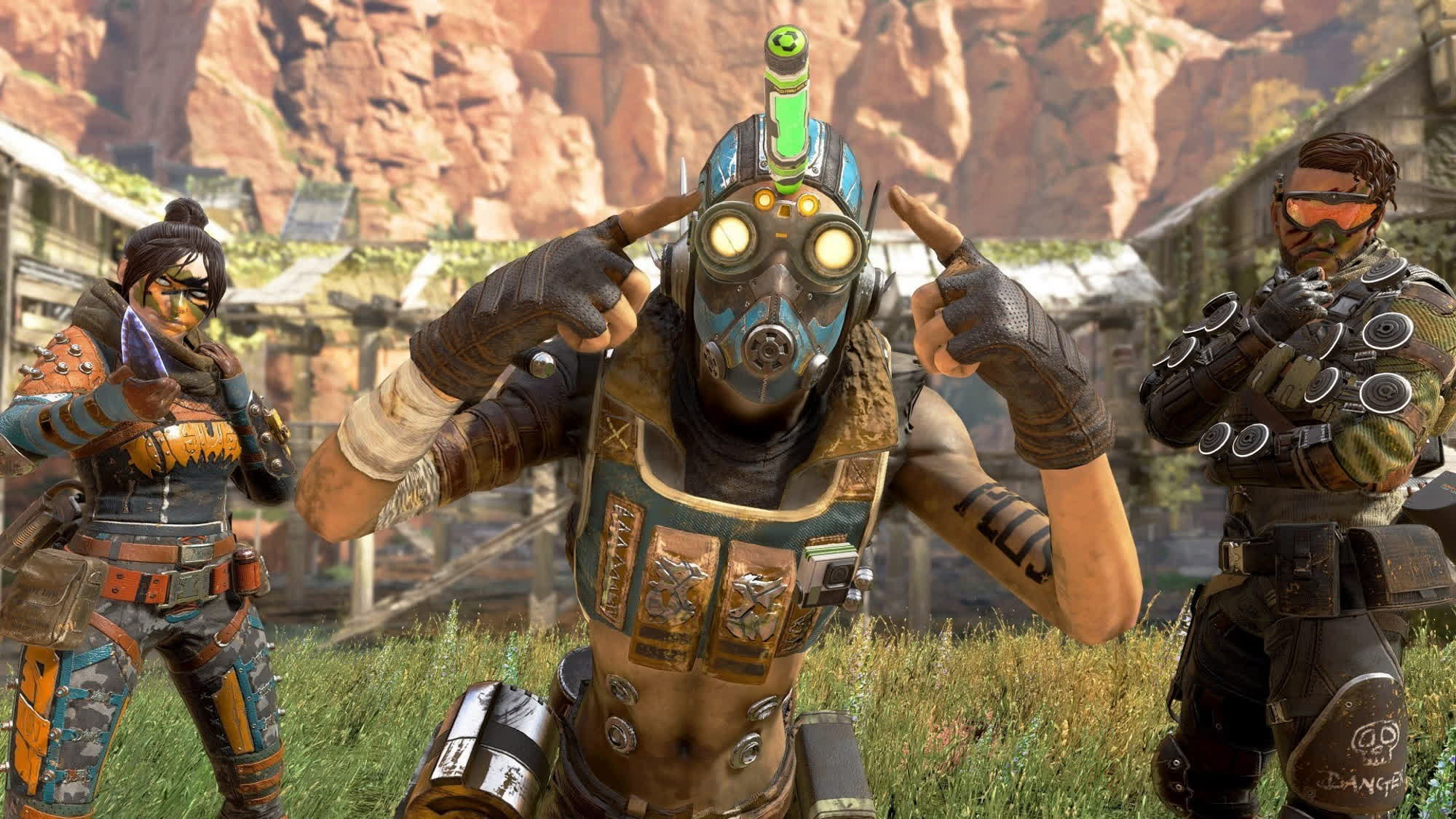Facepalm: Prominent companies like Valve have tried to push Linux as a worthwhile gaming platform for a while now. However, some game developers argue that the open-source OS is not viable, especially for multiplayer games, since their anti-cheat systems, like BattlEye are incompatible.
Developer Respawn Entertainment and publisher EA recently shared some harsh insights about Linux as a gaming platform. Operating systems based on the open-source kernel aren't as reliable as Windows for anti-cheat systems, forcing Apex Legends to abandon official support for the platform.
Respawn wants to keep the "competitive integrity" of its battle royale shooter, and keeping cheaters in check is the studio's primary concern. However, the developer has identified Linux as a path for various "impactful exploits and cheats." For this reason, the studio chose to block all Linux gamers from joining Apex Legends sessions. The company says its decision will significantly reduce instances of cheating.
According to EA, Linux is "too open" as a gaming platform, making open-source operating systems an attractive (and free) target for cheaters and cheat developers. Cheating software running on Linux is more challenging to detect than Windows-based kernel-level tools, and they require an increasingly higher level of attention from the Apex Legends team. Additionally, Apex's player base is relatively small on Linux, so excluding those players should not hurt the shooter much.

Windows cheats have also exploited this, emulating Linux-based tools to try and avoid being detected by the anti-cheat system. To eliminate this cheat vector, EA decided to prevent Linux users from accessing the game. While the number of legitimate Apex Legends players on Linux might not be worth the effort to support, removing the platform altogether could significantly impact the health of the overall battle royale experience.
For example, since Steam Deck uses a Linux-based OS, Apex players are effectively blocked from using that system. Meanwhile, Windows and other supported platforms should not be affected. A workaround would be installing Windows on the handheld, but that comes with its own set of problems, including decreased battery life.
Anti-cheat systems have become very controversial among PC gamers, so much so that Valve had to tweak its Steam policy to disclose when a game uses anti-cheat tools. Rockstar Games also removed Steam Deck support after implementing the BattlEye anti-cheat system. While EA seems to think its move is harmless, some gamers may differ.
